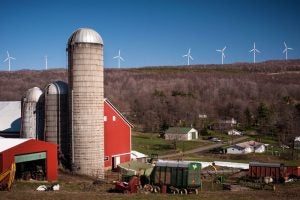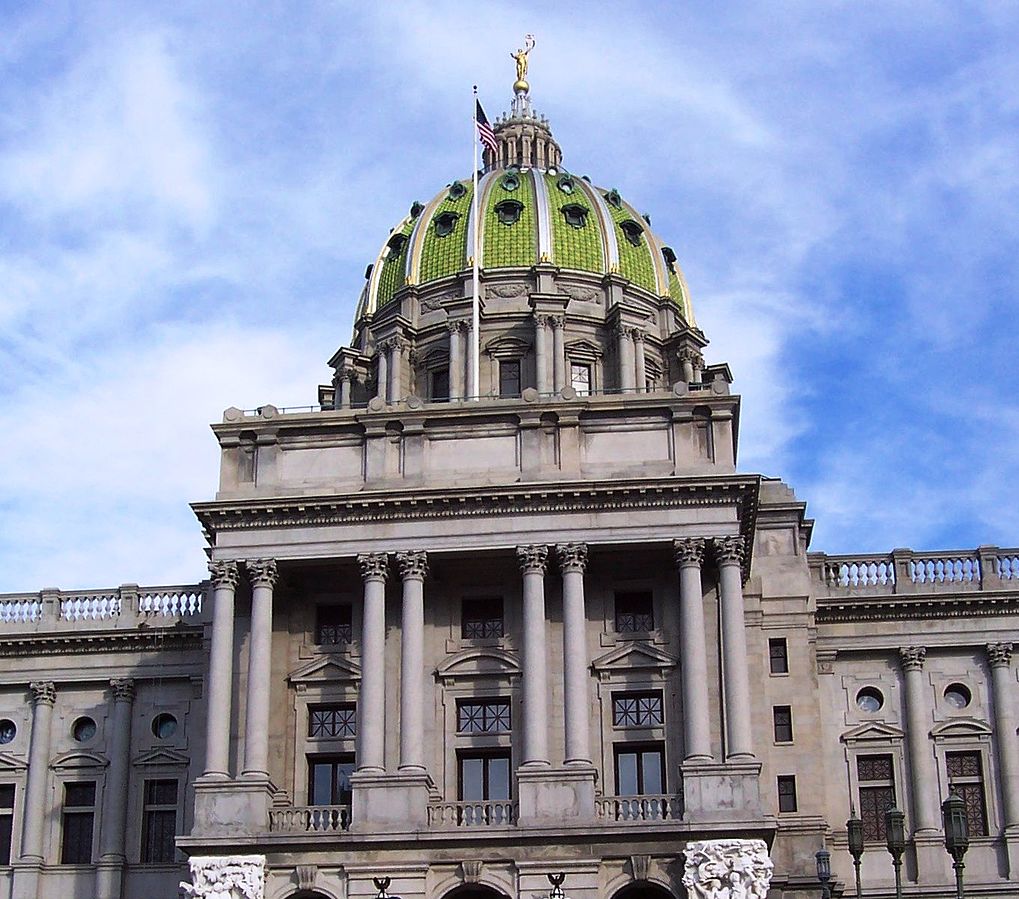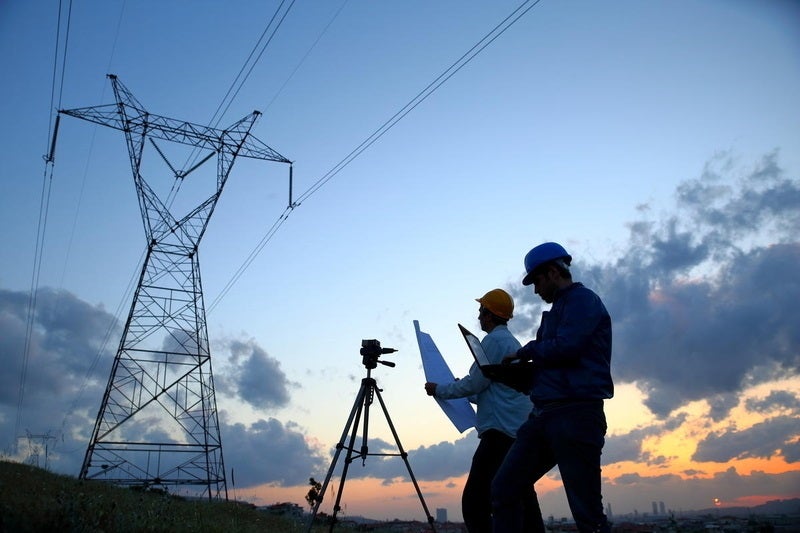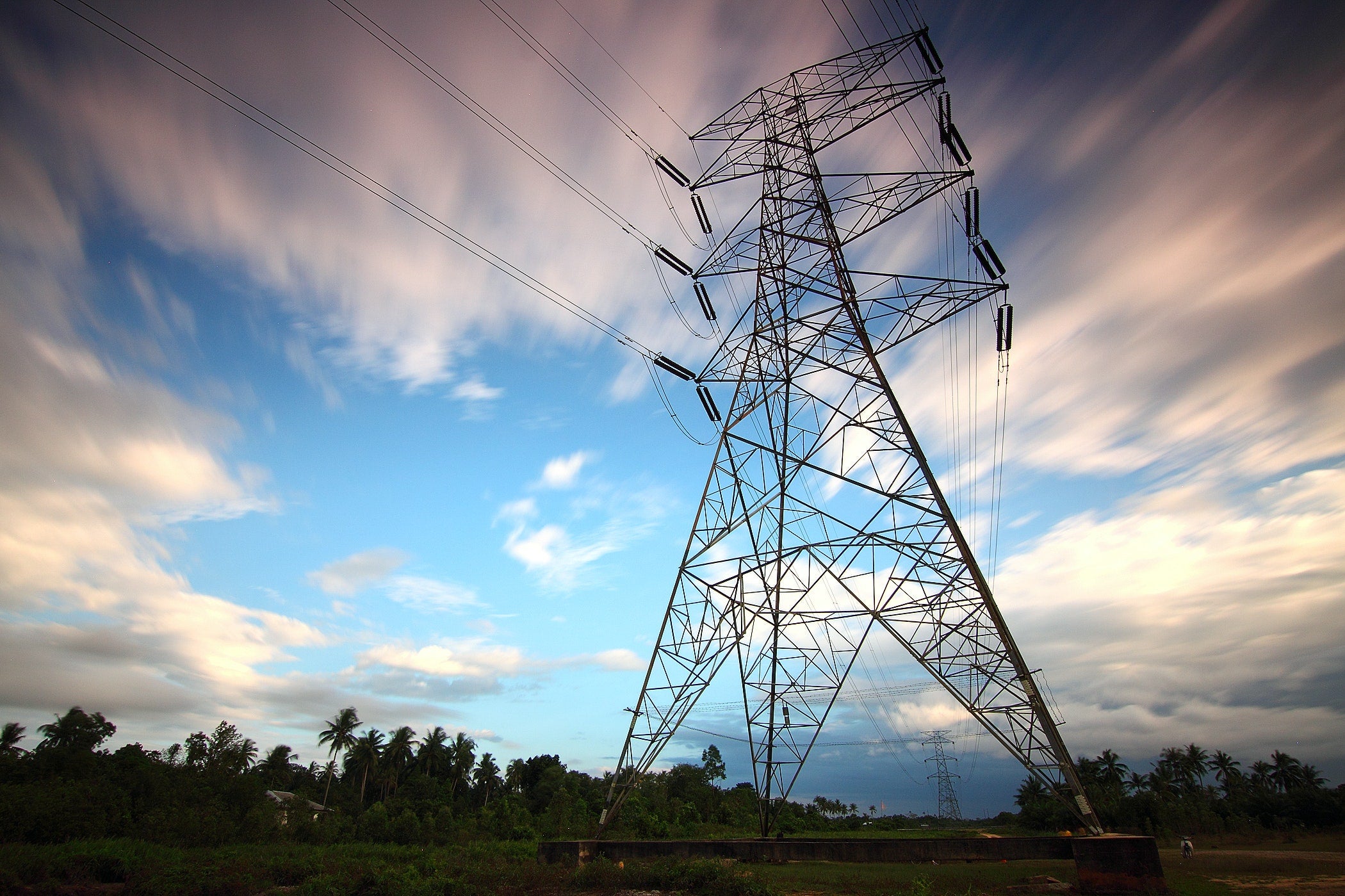
Public comment period on RGGI wraps up, moving Pennsylvania closer to slashing power plant carbon pollution
After 10 hearings with over 400 voices from across Pennsylvania, and tens of thousands of written comments, the result is clear: A vast majority of Pennsylvanians support the Regional Greenhouse Gas Initiative (RGGI), a proven cap-and-invest program that curbs climate pollution from the power sector.
At the Department of Environmental Protection (DEP) virtual public hearings in December, EDF testified in strong support of the rule and urged DEP to finalize it quickly to enable the program to start in January 2022. EDF spoke out alongside representatives spanning the environmental, public health, frontline, faith, labor, youth, low-income, agricultural and business community expressing their support for the draft rule. Here are some highlights from their testimonies:
- Michael Kovach, Vice President, Pennsylvania Farmers Union: “For family farmers such as myself, who feed our commonwealth in good times and bad, the realities of our changing climate are undeniable and seem worse with each new season. Extremes are continually becoming more extreme. Annual precipitation is coming in fewer, heavier events. Planting and harvesting seasons are shifting. Pest populations affecting both crops and livestock are exploding, and our ability to produce the food that feeds Pennsylvanians is being challenged — just when we need it most. RGGI is an important step toward the ultimate end goal of mitigating the climate crisis already threatening our food supply.”
- Tiffany Taulton, Director of Community Initiatives, Hazelwood Initiative: “The state should take every possible action to correct this injustice—and that includes joining the Regional Greenhouse Gas Initiative (RGGI) to reduce the harmful air pollutants that affect vulnerable communities like ours, leading to life-threatening conditions such as preeclampsia, pre-term births, low birthweights, asthma attacks and lost wages…Joining RGGI will not eliminate all air pollution or prevent every predicted danger of climate change from being realized, but it will greatly reduce pollution and improve the lives of everyone – particularly those who have been unfairly burdened by pollution for decades.”
- Rich Overmoyer, President & CEO, Fourth Economy and former Deputy Secretary at the Pennsylvania Department of Community and Economic Development (DCED): “The notion that improved environmental policies and the adoption of renewable energy and energy efficiency efforts somehow are the cause of harm to legacy industries in the state, such as coal are unfounded. I have personally spoken with energy developers around the country that note that the market opportunity provided by renewable energy and efficiency is critical to their future. It is allowing them to invest in their host communities in unprecedented ways … It’s time for our lawmakers to get ahead of the economic curve and support sound investments, especially efforts like RGGI that have a demonstrated 10-year track record.”
- Kaitlyn, Wagner, Environmental Engineer, Exelon Corporation: “The Regional Greenhouse Gas Initiative is a market-based approach and will ensure a competitive environment for innovative clean technologies; it will allow sustainable generation, storage and the infrastructure to develop itself…As I invest my future and career in clean air energy generation; Pennsylvania must also do their part and invest in RGGI!”
- Bernard Goldstein, physician and retired dean of the University of Pittsburgh Graduate School of Public Health and former Assistant Administrator for Research and Development at the Environmental Protection Agency: “I want to make sure we all understand that trading of pollution is not new, and that Pennsylvania and the Northeast were central to its development as an effective policy tool. Pollution trading actually began with acid rain, and would not have occurred without Senator John Heinz of Pennsylvania … The outcome of the acid rain program should reassure both industry and environmentalists that regulated market-based approaches can be an effective way of achieving global climate goals – something we desperately need to do.”
- Hannah Jones, resident of Pittsburgh, Pennsylvania, sophomore at the University of Pittsburgh and youth climate activist: “Western Pennsylvania’s asthma rates are unusually high because of air pollution. In 2019, the Allegheny County Asthma task force report estimated that 11% of children in the county are diagnosed with the disease… I was preschool-aged when I had my first asthma attack. It was scary. I vividly remember the panic in my mother’s eyes as she tried to get me to calm down so I wouldn’t pass out … What is infuriating is that it doesn’t have to be this bad for me and so many others who have breathing difficulties … If you act now, you can improve the lives of so many people and those yet to be born here…You can keep more people healthy and safe and wanting to live here. Needless to say, I support RGGI.”
This diverse group of constituencies includes perspectives that are too often not heard or represented at legislative and public hearings, in advisory committees, or in other forums that consider and influence critical climate and energy issues like RGGI. The public hearings further demonstrate that climate policy like RGGI is broadly popular in Pennsylvania – indeed, polling consistently shows nearly 80%of Pennsylvanians support regulations like RGGI to reduce carbon pollution from power plants.
In addition to the virtual public hearings, DEP received on the order of 40,000 individual comments in support of moving forward with the RGGI rule. EDF and the Pennsylvania Environmental Council filed joint technical comments with additional recommendations to strengthen and improve the draft rule, including measures to ensure frontline communities most burdened by pollution and workers impacted by the energy transition are supported. Our comments also noted how Pennsylvania’s participation in the program could significantly reduce emissions across the entire region, as demonstrated by EDF and M.J. Bradley & Associates modeling.
So, what’s next for the RGGI rule? DEP will review and respond to the many comments it has received, make any necessary adjustments, and move forward to finalize the rule. Ensuring the rule is adopted and takes effect by January 2022 will allow Pennsylvania to reap the benefits of this program immediately and position itself to be an influential leader in the clean energy and carbon-free future that is coming.












